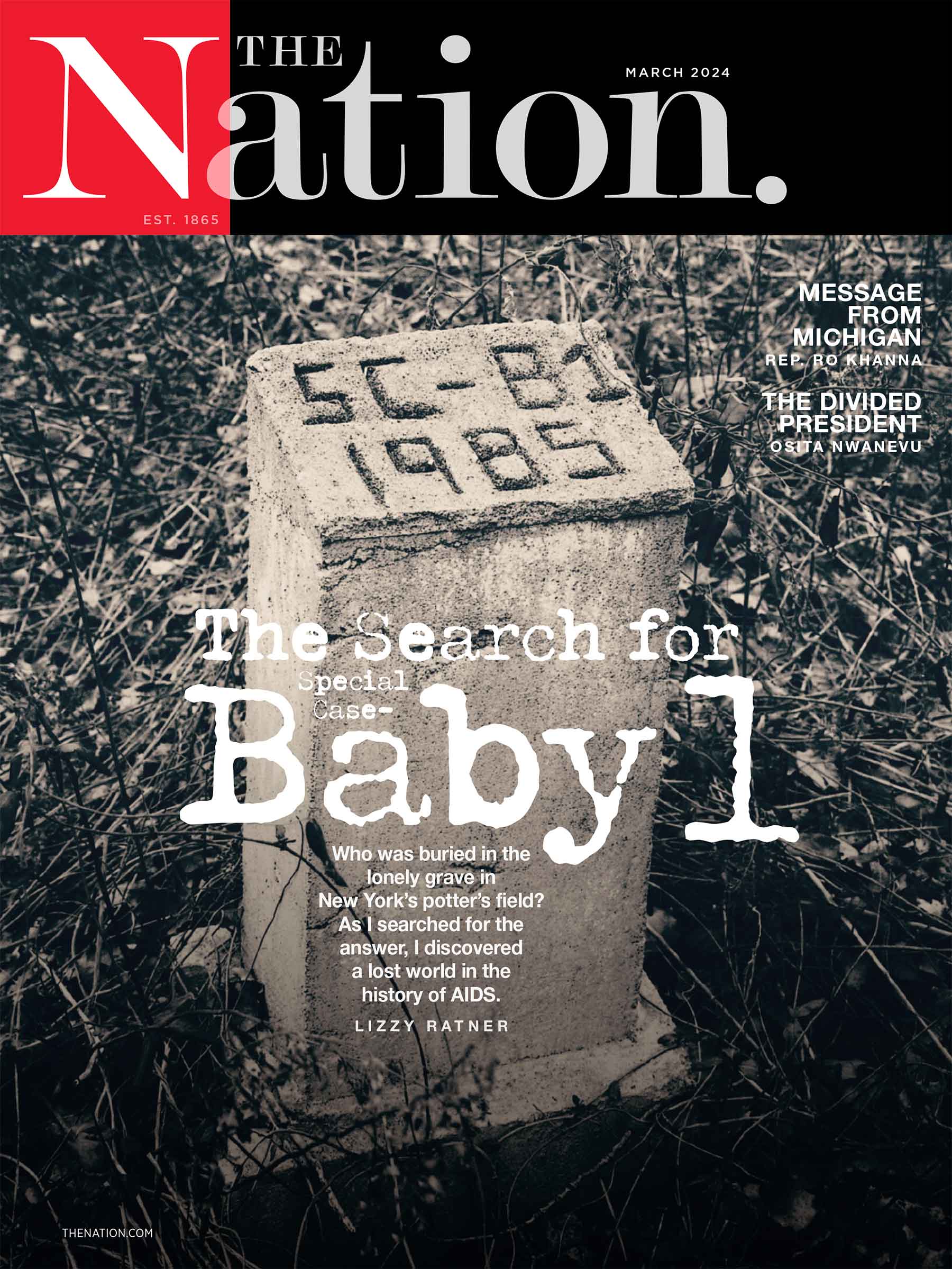WORLD / MARCH 29, 2024
Why Are Israelis So Threatened by a Cease-Fire?
An end to the war in Gaza would force the country to face some fundamental truths.
MERON RAPOPORT
This article was produced in collaboration with +972 Magazine and Local Call, two media outlets run by Palestinian and Israeli journalists.
The American decision not to veto a UN Security Council resolution demanding an immediate cease-fire in Gaza—the first time since the beginning of the war that it had allowed such a resolution to pass—sent shock waves through Israel. Benjamin Netanyahu’s subsequent cancellation of a planned Israeli meeting with the Biden government in Washington only heightened the impression that Israel had been left isolated in the international arena and that Netanyahu was jeopardizing the country’s most important asset—its alliance with the United States.
Yet, though there was widespread criticism of Netanyahu’s handling of these sensitive issues, even his opponents—both in the “liberal” camp and on the moderate right—were unanimous in their rejection of the UN vote. Yair Lapid, head of the opposition Yesh Atid party, said that the resolution was “dangerous, unfair, and Israel will not accept it.” Minister Hili Tropper, a close ally of Netanyahu’s rival Benny Gantz—who polls show would win handily if an election were held today—said, “The war must not stop.” These comments did not differ greatly from the angry reactions by extreme-right leaders such as Bezalel Smotrich or Itamar Ben Gvir.
This near-unanimous rejection of a cease-fire mirrors the cross-party support for an invasion of Rafah, even though Netanyahu does not claim that the operation will achieve the long-awaited “total victory he has promised.
Current Issue
Cover of March 2024 Issue
March 2024 Issue
The opposition to a cease-fire may seem strange to some. Many Israelis accept the claim that Netanyahu is continuing the war to further his political and personal interests. The families of the Israeli hostages, for instance, are growing more critical of Netanyahu’s “foot-dragging” and amplifying their calls for a “deal now.”.
Even within the security establishment, more people are openly saying that “eliminating Hamas” is not an achievable goal. “[T]o say that one day there will be a complete victory in Gaza—this is a complete lie,” former IDF spokesman Ronen Manelis recently said. “Israel cannot completely eliminate Hamas in an operation that lasts only a few months.”
So if the view that Netanyahu is continuing the war for personal interests is growing; if the futility of continuing the war is becoming clearer, with regard to both toppling Hamas and releasing the hostages; if it is becoming obvious that continuing the war is liable to damage relations with the United States—how can one explain the consensus in Israel around the “danger” of a cease-fire?
One explanation is the trauma inflicted by Hamas’s October 7 massacre. Many Israelis tell themselves that, as long as Hamas exists and commands popular support, there is no alternative to war. A second explanation involves Netanyahu’s undeniable rhetorical talent, which, despite his political weakness, has succeeded in instilling the slogan of “total victory” even among those who do not believe a word he speaks, and those who understand, consciously or unconsciously, that this victory is not possible.
But there is a deeper threat. A cease-fire could force the Jewish public to confront more fundamental questions. If the status quo does not work, and a constant war with the Palestinians cannot achieve the desired victory, then what remains is the truth: that the only way for Jews to live in security is through a political compromise that respects the rights of the Palestinians.
The complete rejection of the cease-fire and its portrayal as a threat to Israel shows that we are far from the acknowledgment of that truth. But strangely, we may also be closer than people think. In 1992, when Israelis were forced to choose between a rift with the United States—due to then-Prime Minister Yitzhak Shamir’s refusal to agree to the outline presented by the Americans for talks with the Palestinians—or mending the rift, they chose the second option. Yitzhak Rabin was elected prime minister and, a year later, the Oslo Accords were signed.
Will the current rift with the American administration convince Israeli Jews to abandon the idea of perpetual war and agree to give a chance to political deal with the Palestinians? It’s very unclear. But what is certain is that Israel is rapidly approaching a junction where it will have to choose: toward a cease-fire and the possibility of dialogue with the Palestinians, or a war with no end and international isolation the likes of which it has never known. Because the option of going backwards, to the status quo of October 6, is clearly impossible.







Geen opmerkingen:
Een reactie posten